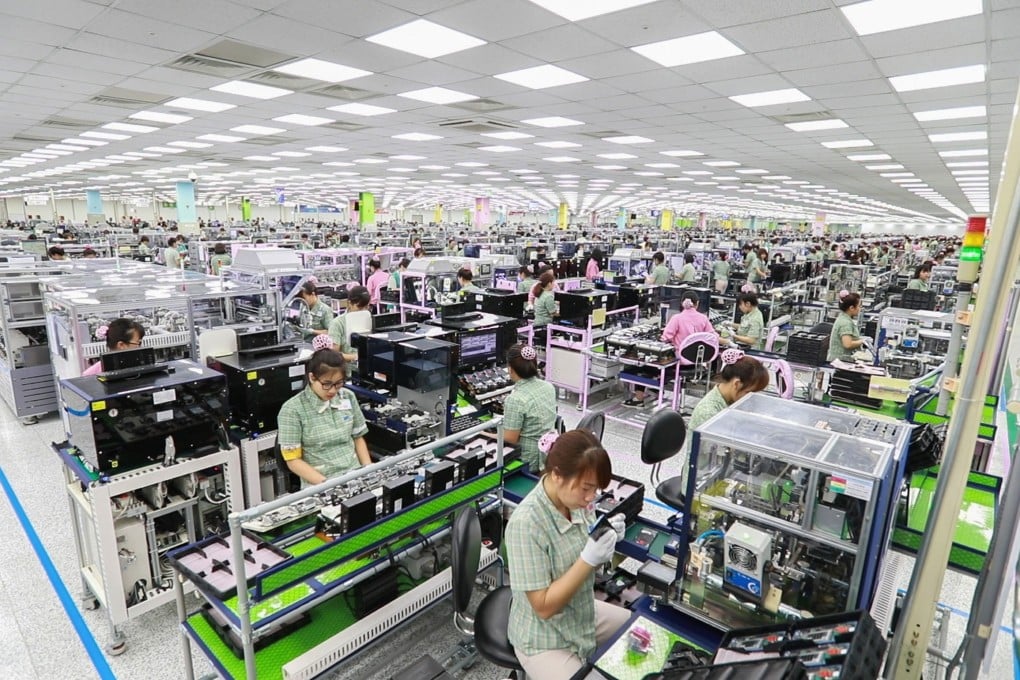Asian Angle | Vietnam must ride semiconductor wave to cement its place in global value chain
- To capitalise on gains in chip exports, Vietnam must adjust its policies to elevate itself in the supply chain and reduce reliance on foreign direct investment
- Hanoi must also provide training for hi-tech sectors and bolster support for domestic businesses as it works towards producing ‘Make in Vietnam’ chips


To translate these gains into long-term growth, Vietnam must adjust its policies, boost vocational training for hi-tech sectors and bolster support for domestic businesses. Currently, most of Vietnam’s chip exports come from foreign-invested companies. Although there is no breakdown for semiconductors, official data shows that 98 per cent of electronic-product exports come from foreign direct investment (FDI).
Vietnam’s strategic foresight regarding semiconductors was evident as early as 2012, when the government described the products as “key national goods and services”.
Earlier this year when Deputy Prime Minister Le Minh Khai met John Neuffer, head of the American Semiconductor Industry Association, the official said chips were Vietnam’s “top priority” and asked for more American investment in the sector.
As semiconductors have become the linchpin of the global economy, with a US$600 billion sector underpinning every electronic product from smartphones to computers, Vietnam’s strategic focus is astute.
